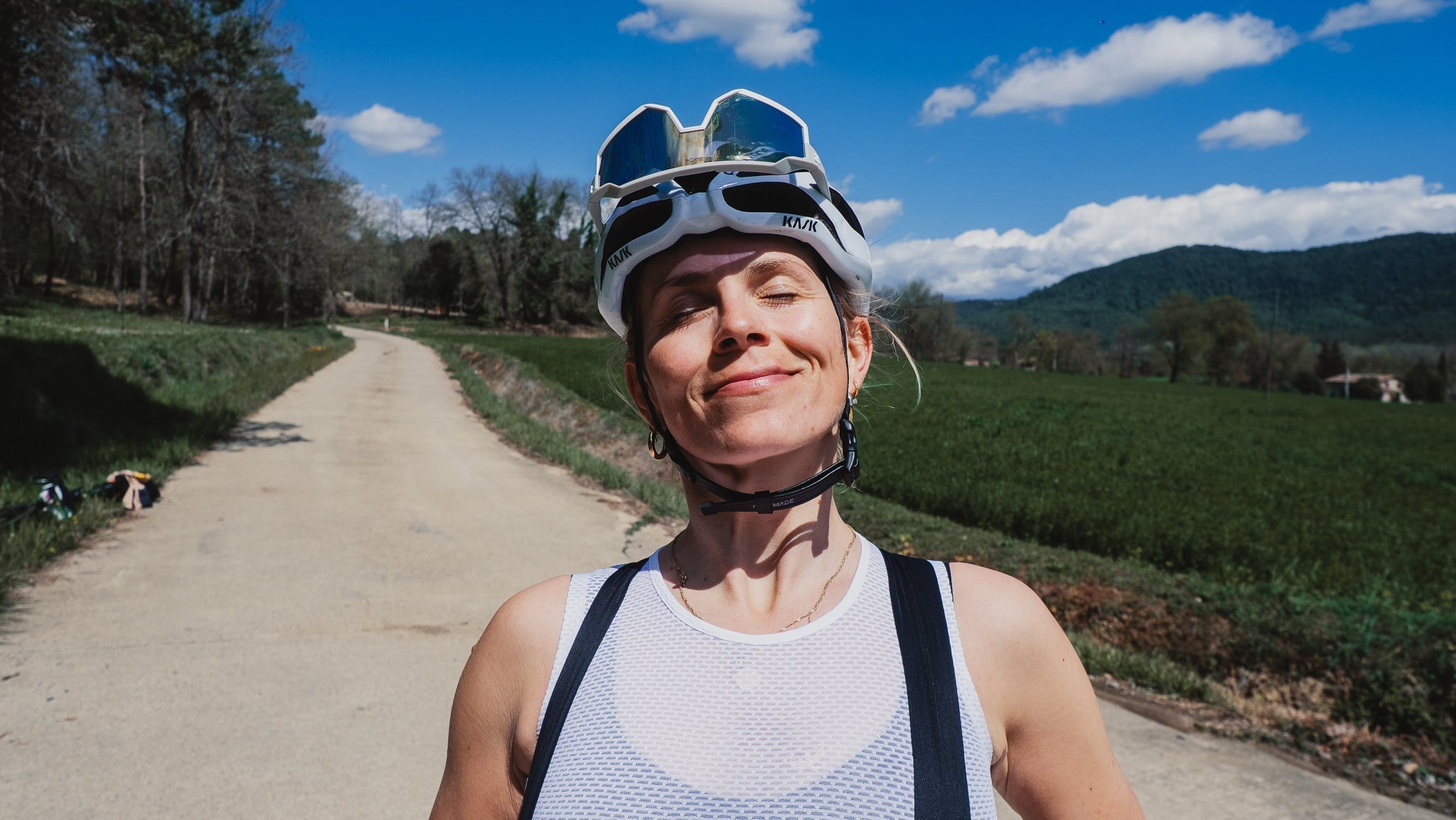
Riding Out the Storm: How Cycling Helps Manage Mental Stress
In recent years, the conversation around mental health has grown louder, and for good reason. Many people are exploring non-traditional methods to manage stress and maintain mental well-being. One activity gaining recognition for its mental health benefits is cycling. To explore this topic, we interviewed Alex Morgan, a certified mental health coach and avid cyclist, about how cycling can be a tool—not a solution—for navigating mental stress.
Why Is Cycling Gaining Attention as a Stress Management Tool?
According to Alex, cycling combines physical activity with mental clarity in a unique way. "When you're on the bike, your focus shifts naturally. The rhythm of pedaling, the fresh air, and the changing scenery all help create a mental reset," Alex explained. Cycling is accessible to many due to its low-impact nature and can be as solitary or social as one needs.
The meditative quality of cycling, combined with endorphin release from exercise, makes it an effective way to manage stress. “It’s not about escaping your problems but giving yourself space to process them,” Alex added.
How Does Cycling Compare to Other Exercises for Mental Health?
While most forms of exercise benefit mental health, cycling stands out for its outdoor component. Research indicates that being in nature lowers cortisol levels and promotes calmness and well-being.
"Cycling also offers a sense of control," said Alex. "You choose your route, pace, and goals. For people feeling overwhelmed, this agency can be incredibly grounding."
Cycling as a Tool, Not a Solution
Alex emphasized that cycling is a helpful tool but not a standalone solution for mental health challenges. "Mental stress often stems from complex issues that require a multi-faceted approach, such as therapy, support networks, and sometimes medical treatment."
However, cycling creates a space to decompress and reflect, helping build resilience over time. "If someone is experiencing severe mental health challenges, it’s essential to seek professional help in addition to exploring activities like cycling," Alex advised.
Getting Started: Advice for New Cyclists
If you’re new to cycling, Alex recommends starting small. "Focus on enjoyment rather than performance. Find a route that makes you feel good, and ride at a pace that feels comfortable."
Using a ride to check in with yourself can enhance the mental benefits. "Pay attention to your breathing and how your body feels as you ride. Some people set an intention before their ride, like ‘I’m going to let go of what’s bothering me,’ and use the experience to process that," Alex shared.
The Social Benefits of Group Rides
Group rides offer a unique social dimension that supports mental well-being. "Connecting with others who share your passion creates a sense of community and belonging," said Alex. Whether you’re sharing stories at a coffee stop or riding in silence, the camaraderie can be reassuring.
For beginners, Alex advises finding a welcoming group to ensure a positive experience.
Balancing Cycling and Mental Health
Like any coping mechanism, there’s a risk of over-reliance on cycling. Alex cautions, "If cycling becomes your only way to manage stress, it might prevent you from addressing the root causes of your mental health challenges."
Balance is key. "Listen to your body. Overtraining or pushing yourself too hard can lead to burnout, which defeats the purpose. Use cycling to recharge, not create more stress," Alex said.
Personal Experiences: The Healing Power of Cycling
Alex shared a personal story of cycling through a difficult time. "I didn’t set a destination—I just rode. The physical effort and the wind on my face were incredibly grounding. By the time I got home, I didn’t have all the answers, but I felt a sense of clarity."
"That’s the beauty of cycling. It doesn’t solve your problems, but it gives you the strength to face them," Alex reflected.
Final Thoughts
Alex encourages readers to take small steps. "Whether you’re dealing with a tough day or navigating a bigger mental health journey, cycling can be a powerful tool to help you along the way. But remember, it’s okay to ask for help and build a toolkit that includes other forms of support."
Cycling may not have all the answers, but it offers a way to explore them. As Alex reminds us, every pedal stroke is a step forward, both on and off the bike.
Shop our collections

Jerseys




